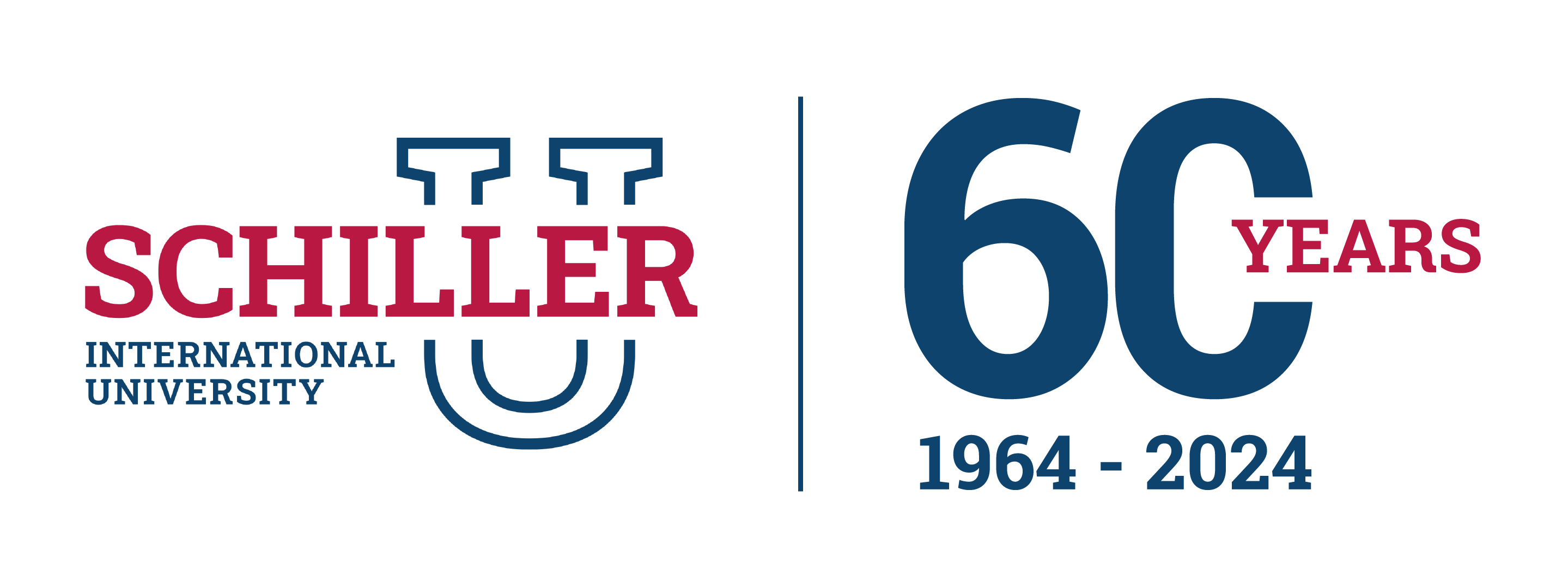Schiller International University and Bechallenge, a challenge-based learning platform that blends design thinking, social learning, and challenges to equip students with soft skills, have commenced an exciting and promising collaboration.
Bechallenge is a cutting-edge tool that facilitates simple, digital, and gamified active learning activities for instructors and students. It consists of several mutually constructive and enriching stages: discovery, team ideation, feedback, final proposal, and evaluation.
Recently, Paris students actively participated in a “learning by doing” challenge to find workable solutions within this framework, supervised by Dr. Myriam Benraad, Schiller’s Global Academic Chair for International Relations and Diplomacy.
This specific challenge was: How can the media balance freedom of expression with the responsibility to provide accurate and trustworthy information?
A hyperconnected digital landscape has become a double-edged sword in an era of information overload. The dissemination of information creates the door for inaccuracy and disinformation even as it provides previously unheard-of access to knowledge and world events. This is a danger to the integrity of well-respected media outlets and the foundation of informed democracy.
As part of this challenge, students honed their critical thinking and analysis skills while exploring the intricate relationships between the media, freedom of expression, and the ethical need to tell the truth.
Students were tasked with developing novel solutions that can assist media outlets in walking the tightrope between protecting freedom of expression and guaranteeing the broadcast of accurate, trustworthy information by sharpening their creative problem-solving abilities.
They also thought about various topics, including fact-checking techniques, editorial norms, legal frameworks, and the use of algorithms in information distribution.
As a result, they gained a deeper understanding of the involvement and viewpoints of diverse stakeholders, including the public, lawmakers, journalists, and digital platforms. They developed educational outreach tactics to improve media literacy among the general population. They thought about how to teach people of all ages how to recognize reliable sources and biases and critically evaluate the information they receive.
Students looked at how other nations and cultures approach this problem from a global viewpoint while also considering the local impact. They were inspired by global best practices and thought about how these may be modified or enhanced for local settings.
Overall, students who took on this challenge improved their research, critical thinking, and communication skills—all necessary for sifting through today’s world’s complexity—while significantly contributing to a pressing current issue. Their suggestions and thoughts might pave the road for a time when the media serves as a social trust and a lighthouse of truth.

 Apply Now
Apply Now








